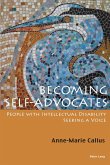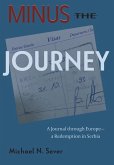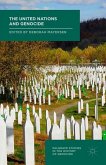Are the International Criminal Tribunal for the former Yugoslavia (ICTY) and the International Criminal Tribunal for Rwanda (ICTR) independent actors, who mete out fair and un-biased justice, or instruments of a new world order, which execute the will of the most powerful states? By applying process tracing and frame analysis, this book reveals the interplay between the power politics of states, the agenda setting power of international criminal tribunals and the scope of the autonomy which the tribunals, the prosecutors and judges enjoy - and how they make use of it. The book details the mechanisms that govern judicial behaviour at the ICTY and the ICTR as well as the influence of the media, non-governmental organisations, governments and international organisations on judges and prosecutors. Last but not least, it shows why and how initially controversial frames like those about the "genocide in Srebrenica" and "the Rwandan genocide" became almost undisputed notions which are hardly challenged by anyone today.
«This book offers a valuable reading and an important empirical test of optimistic expectations of Tribunals' independence and contribution in transitional justice. It reveals a novel insight into the several aspects of contested relation of justice vs. politics in global arena and sets new approaches in dealing with the subject.» (Katarina Ristic, H-Soz-u-Kult 11/2013)








